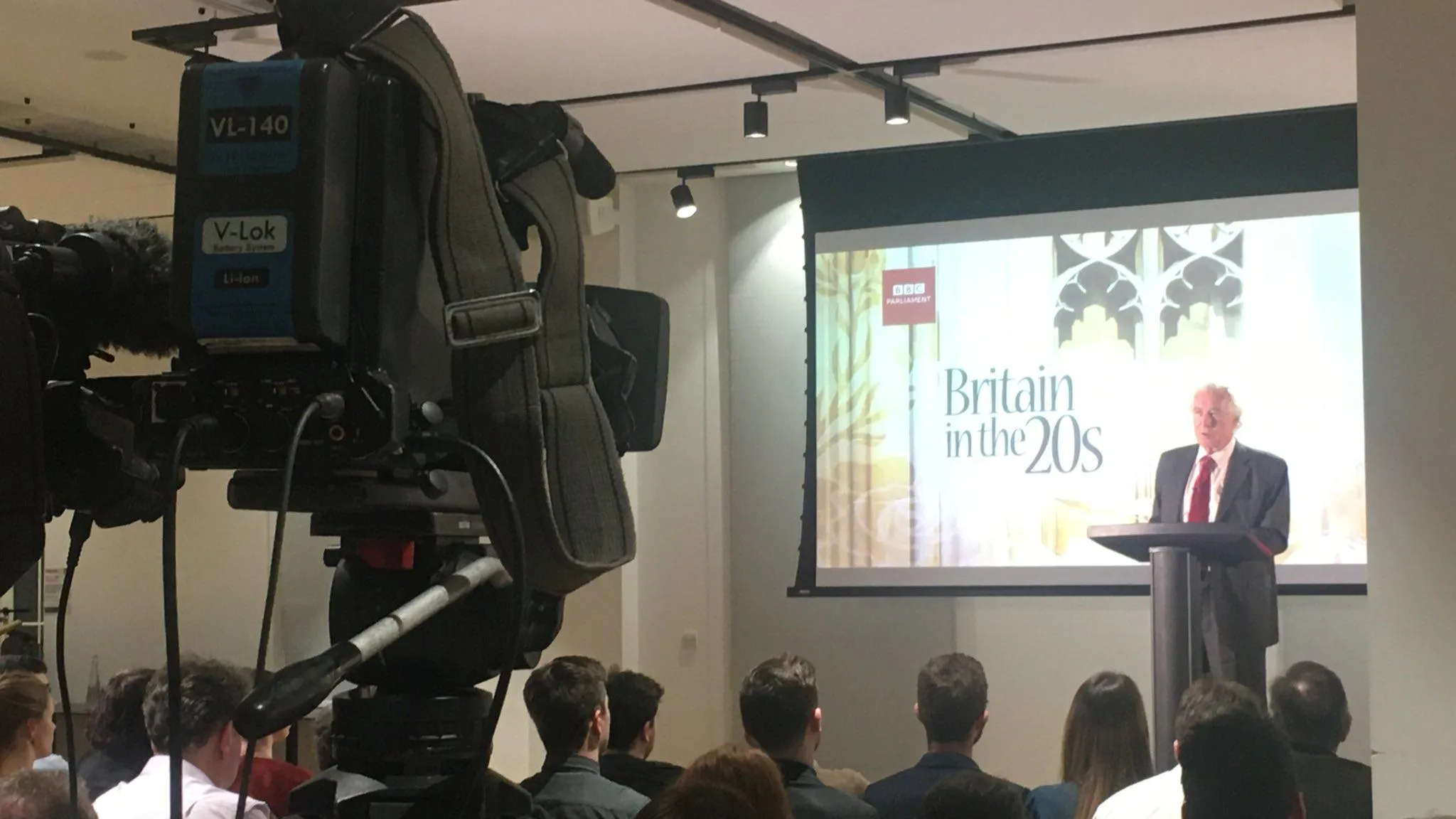11 March 2020
Former top judge says hostility towards judiciary 'certain to fail'
Hostility from politicians towards the civil service and judiciary is “a certain route to failure”, according to a former Supreme Court judge.

Delivering a lecture at King’s College London on Monday (10 March), Jonathan Sumption said governments had to ‘carry people with them’ and added that radical change could not be achieved “by a process of demolition and reconstruction”.
He said: “In a society with established institutions radical change cannot be achieved by a process of demolition and reconstruction. You have to carry people with you, and not just people who already agree with you.
“Overt hostility to other national institutions such as the judiciary, the civil service and the BBC, which are accused of obstruction but in fact merely stand for a diversity of opinion, is often presented as a way of getting things done. It is, in reality, a certain route to failure.
“It increases the resistance of powerful institutions which enjoy considerable public support. People tend to judge politicians by their tone as much as their substance. Abuse is not useful tool of policy. Shouting and snarling provokes unnecessary hostility among the electorate which will ultimately doom the whole project.”
Lord Sumption was sworn in as a Justice of the Supreme Court in 2012, serving for six years until his retirement in 2018. He was made an OBE in 1998 and is also a noted historian.
At the event, organised by King’s Policy Institute and Department of Political Economy, Lord Sumption spoke about the future of the relationship between government, parliament, the courts and the royal prerogative, in light of the current government’s recently-announced intention to establish a new Constitution, Democracy and Rights Commission.
The event was held in collaboration with BBC Parliament, which will broadcast the lecture this week as part of a series looking at some of the big questions about the governance of Britain in light of the 2019 general election.
Lord Sumption also spoke about changes to the constitution and the need for a dissent and debate as the process of constitutional reform takes shape.
He added: “We cannot afford to alter our constitution on a partisan basis. Constitutional change is not like other legislation. It determines the way in which we make collective decisions for our society.
“The essential cement of any society is a common loyalty to a way of making decisions, irrespective of whether we agree with the outcome. A partisan change which suited just one strand of opinion would not achieve this.
“Any constitutional process must accommodate dissent, debate and a diversity of values and opinions, including values and opinions which the government of the moment does not share.”
Host for the event, Professor Jeremy Jennings, head of the School of Politics and Economics at King’s, said: “As a former Supreme Court judge, Lord Sumption offered some fascinating insights into the workings of the constitution with our audience, while shedding light on how a new constitution may take shape in the future.
“It was an engaging lecture and we are grateful to Lord Sumption for sharing his thoughts with our audience and providing insightful answers to questions on what is a complex and ever-evolving subject.”
Other lectures in the series to be held at King's will include Anand Menon, director of the UK in a Changing Europe, on the future of the UK's relationship with the EU, and Bronwen Maddox, director of the Institute for Government, on how government and parliament could work better.


